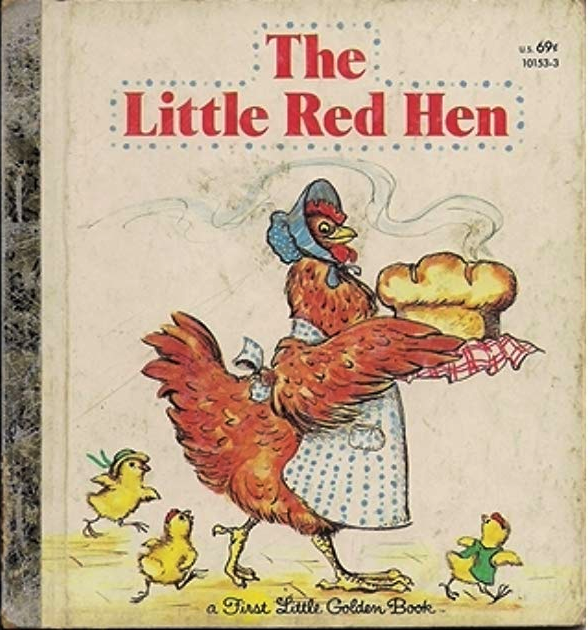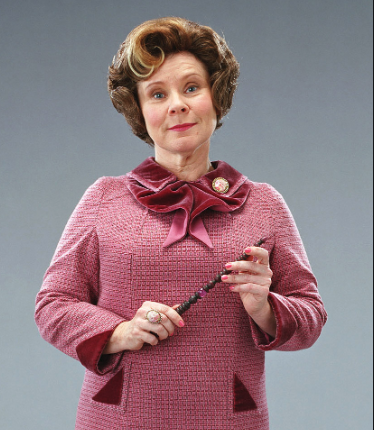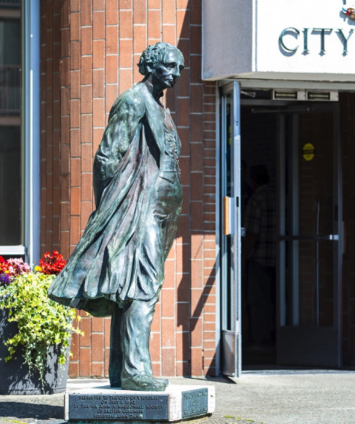 Try this at home. You need two pets of the same species.
Try this at home. You need two pets of the same species.
Give one of them a tasty treat.
Give the other regular food.
What happens?
Dr. Frans de Waal did this with Capuchin monkeys. His 2 minute video went viral.
Inequity activists love to show it at conferences:
Animal Extrapolation
Apparently, monkeys love fairness: Capuchin’s possess “inequity aversion.”
Monkeys value equal pay for equal work. Furthermore, monkeys teach us that it is normal for mammals to express outrage at inequity. Throwing things and rattling cages are the direct result of inequity. The animal kingdom proves it.
I assume de Waal’s comment about Occupy Wall Street, at the end of the video, was a joke.
Anyone who knows animals knows that animals do not value equity. Monkeys do not have an aversion to inequity any more than they have an aversion to pay gaps, glass ceilings, or the top 1%.
Monkeys cannot identify inequity. Humans identify inequity. Animals see something they want and then they try to get it.
Attributing human characteristics to animals is called anthropomorphism. It is irresistible and wrong. Disney made a fortune with it. Continue reading “Inequity Aversion, Relativity, and Envy”


